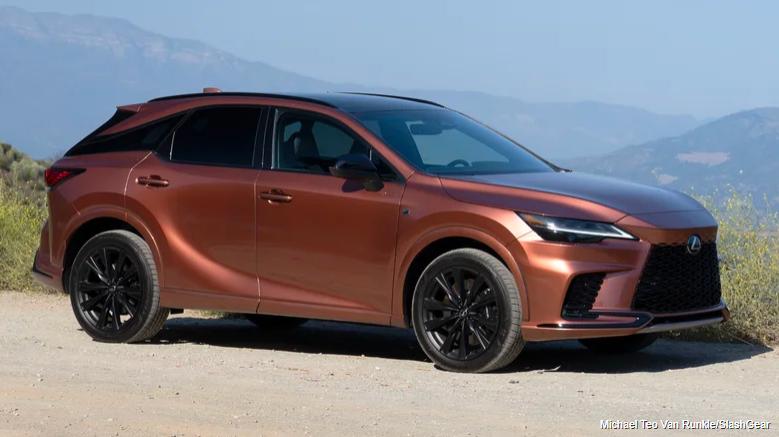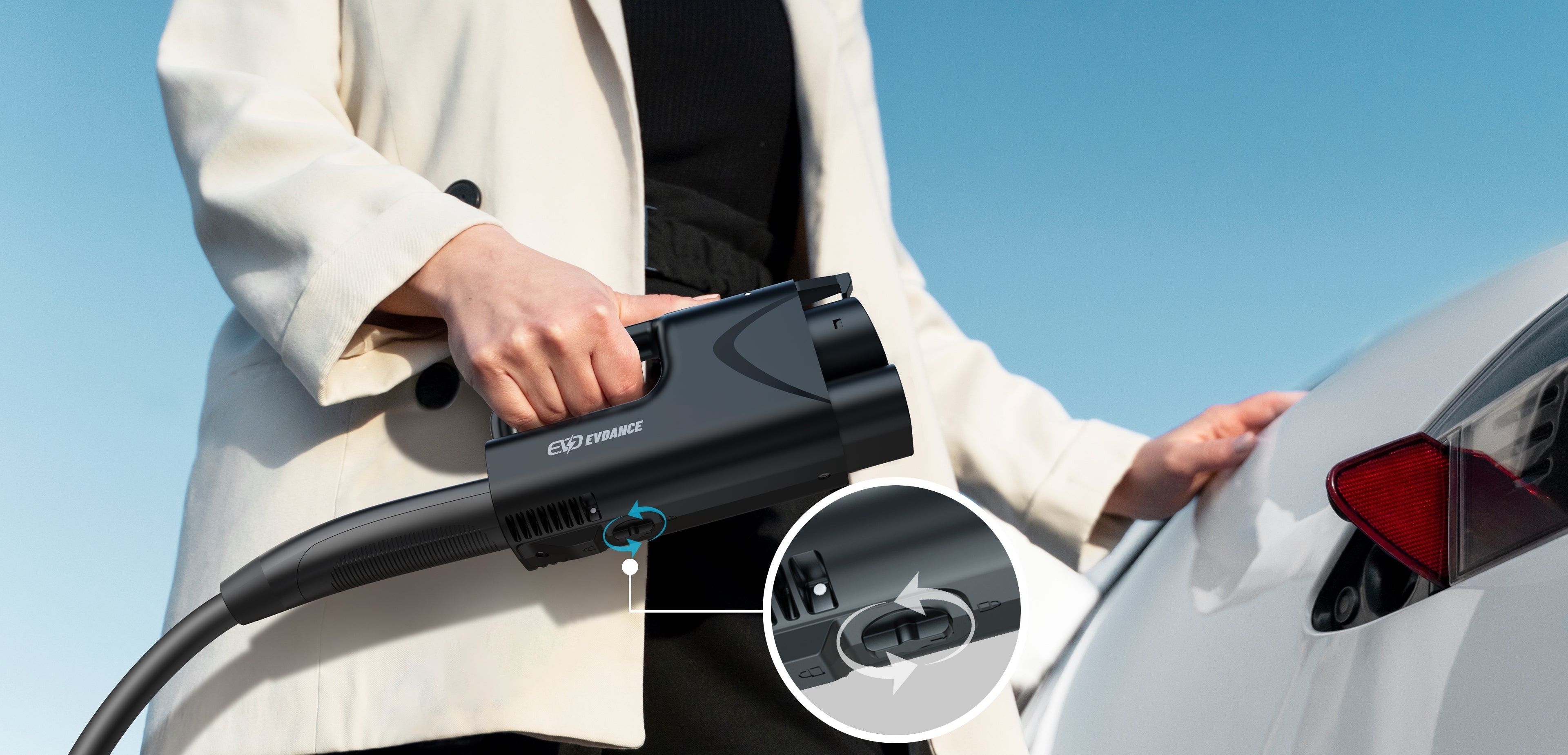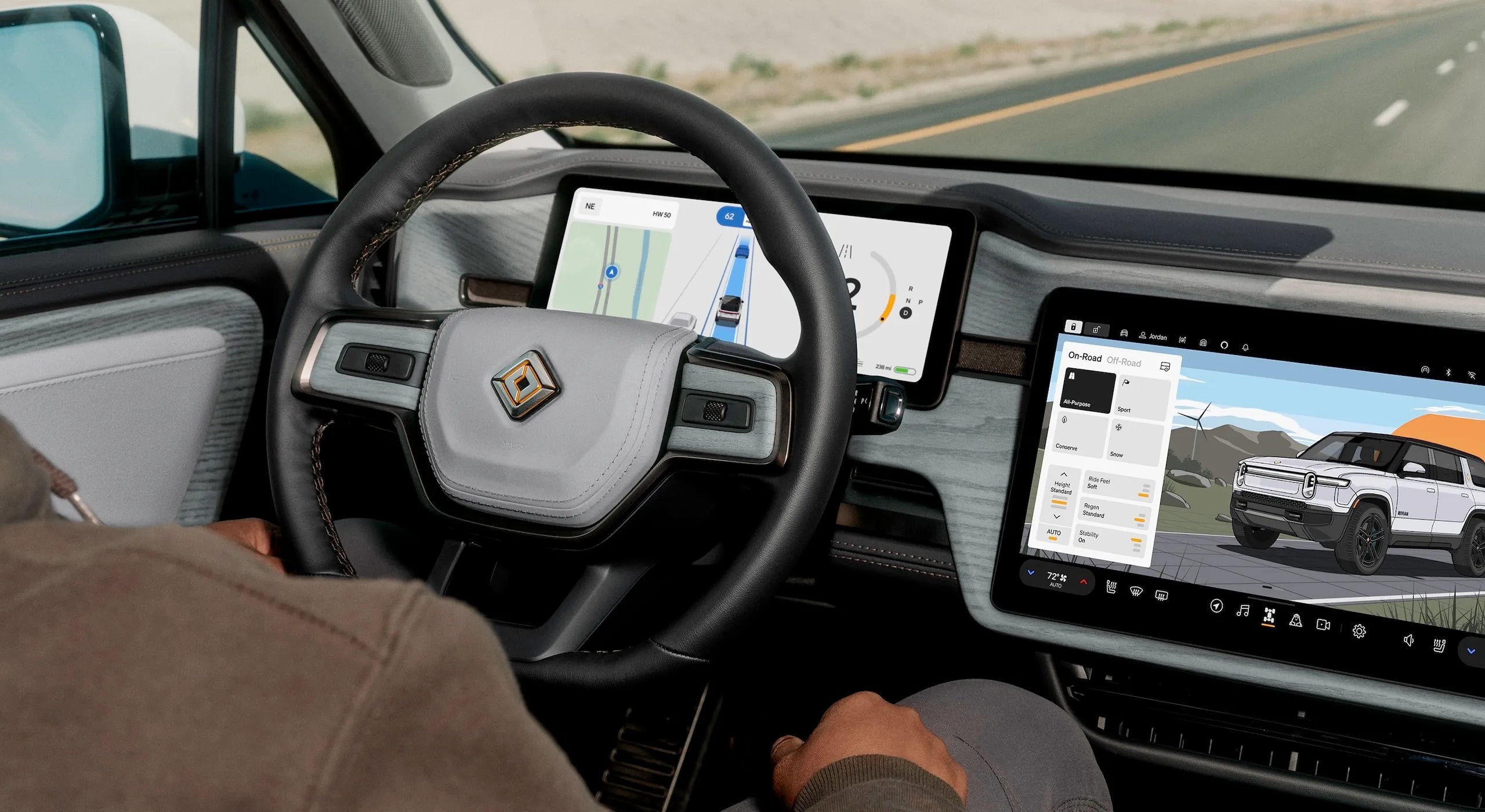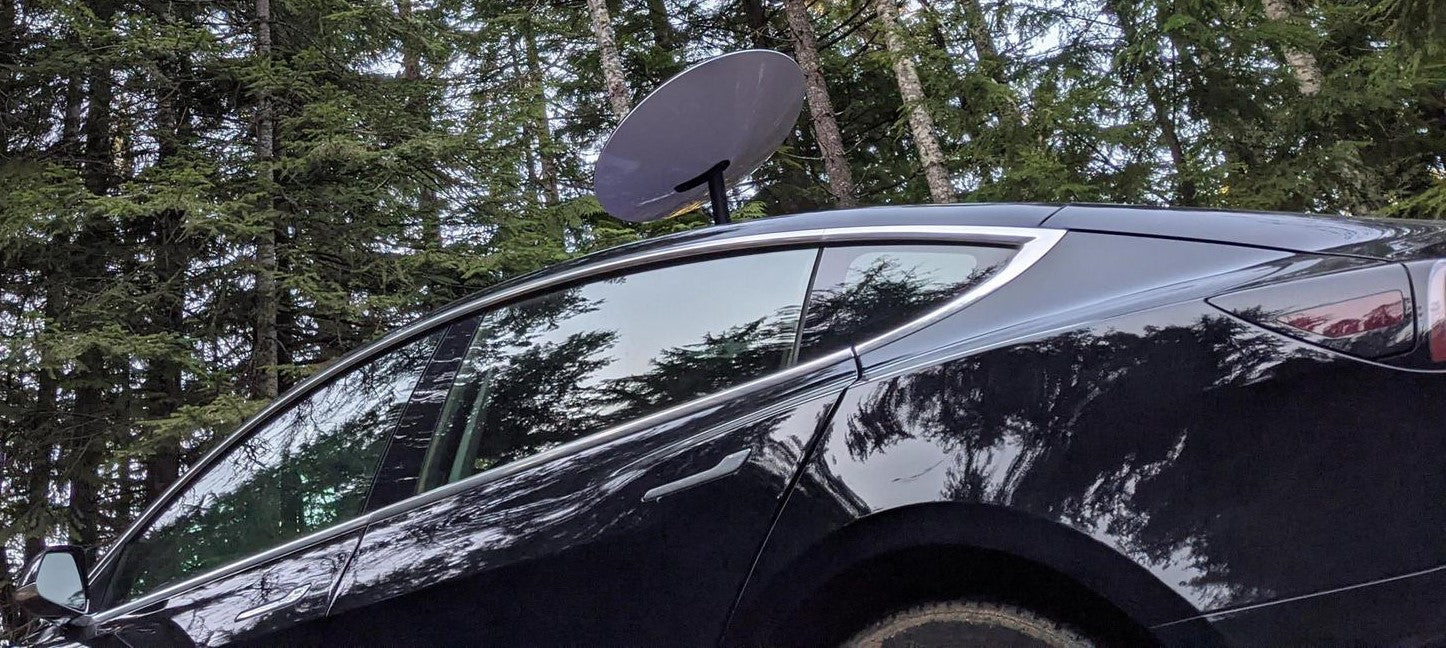Hybrid cars have gained significant attention in the automotive industry due to their ability to bridge the gap between traditional internal combustion engines (ICEs) and fully electric vehicles (EVs). By combining the strengths of both systems, hybrids offer a compelling option for environmentally conscious consumers and technology enthusiasts alike. This article explores the advantages, current market status, compatible chargers and future outlook of hybrid vehicles.
Advantages of Hybrid Cars
-
Fuel Efficiency
Hybrid vehicles are renowned for their superior fuel efficiency. By combining a gasoline engine with an electric motor, they reduce fuel consumption significantly, especially in city driving where stop-and-go traffic allows regenerative braking to recharge the battery. -
Lower Emissions
One of the main reasons for the popularity of hybrids is their reduced carbon footprint. Compared to conventional ICE vehicles, hybrids emit fewer greenhouse gases, making them an eco-friendly choice. -
Cost Savings
Despite their higher upfront costs, hybrids often save money in the long term through lower fuel consumption and reduced maintenance. Many governments also offer tax incentives or rebates for hybrid vehicle owners. -
Smooth Driving Experience
Hybrid systems provide a seamless transition between electric and gasoline power, offering smooth acceleration and quiet operation. The electric motor assists during initial acceleration, which is often when gasoline engines are least efficient. -
Reduced Dependence on Fossil Fuels
By consuming less gasoline, hybrids help reduce dependency on fossil fuels, which is crucial for energy security and sustainability.
Current Market Status
As of 2024, hybrid cars hold a significant share of the global automotive market. Key manufacturers, such as Toyota, Honda, and Ford, continue to dominate this space, with models like the Toyota Prius and Honda Accord Hybrid leading the pack.
Global Market Insights:
- North America: High adoption rates due to environmental awareness and supportive policies.
- Europe: Stringent emissions regulations have driven hybrid adoption, especially in urban areas.
- Asia: Markets like Japan and China are rapidly expanding their hybrid portfolios, with governments offering subsidies for buyers.
Hybrid technology has also evolved to include plug-in hybrid electric vehicles (PHEVs), which allow drivers to charge their vehicles and rely more on electric power for daily commutes, further reducing emissions and operating costs.
Future Prospects
The future of hybrid cars looks promising, though it will depend on several factors:
-
Technological Advancements
Advances in battery technology and powertrain efficiency will likely make hybrids even more appealing. Lightweight materials and improved energy management systems are expected to enhance performance. -
Integration with Renewable Energy
As renewable energy becomes more accessible, hybrid owners can benefit from charging their PHEVs with clean electricity, further reducing their carbon footprint. -
Role in Transitioning to EVs
Hybrid cars are seen as a stepping stone to fully electric vehicles. They address concerns like range anxiety and charging infrastructure inadequacies, which still hinder EV adoption. -
Government Policies
Supportive government policies and incentives will continue to drive the adoption of hybrids. However, stricter regulations on emissions may eventually phase out non-PHEV hybrids in favor of fully electric models. -
Consumer Preferences
Growing environmental awareness and the push for sustainable living are likely to keep hybrids relevant, even as EVs gain ground.
Conclusion
Hybrid cars have carved a niche for themselves in the automotive industry, offering a balanced solution for eco-conscious consumers. They excel in fuel efficiency, emissions reduction, and overall practicality, making them a popular choice worldwide. While the shift toward fully electric vehicles is inevitable, hybrids will remain a crucial part of the journey toward a sustainable future.
Recommend Reading: Top 5 Hybrid Cars of 2024








Share:
Ultimate Guide to Surge Protectors for EV Chargers: Why You Need One and How to Choose
Top 5 Hybrid Cars of 2024